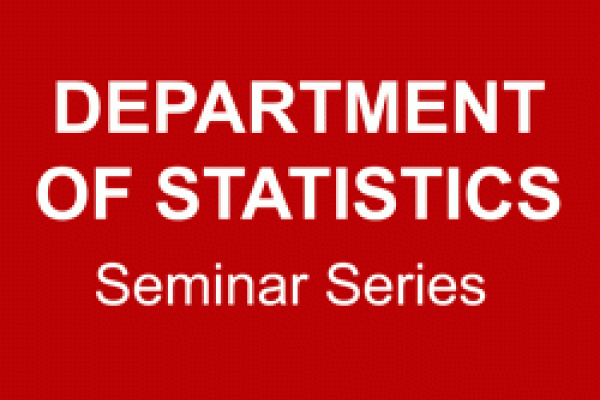
Title
On incorporating variable rates of heterogeneity in linkage analysis
Speaker
Swati Biswas, The Ohio State University
Abstract
Locus heterogeneity is a major problem plaguing the mapping of disease genes partially responsible for complex genetic traits via linkage analysis. The most popular approach for dealing with heterogeneity is the admixture approach. It uses a single heterogeneity (mixing) parameter to model the probability that the disease-causing gene of a family is linked to a reference marker(s). However, in general, the heterogeneity parameter varies across different types of families. We show that the estimates given by this approach are meaningful only when a well-characterized condition is met, which usually cannot be checked in real applications. We propose a new approach wherein each family is assigned its own heterogeneity parameter. These parameters are nuisance parameters while the main parameter of interest is the location(s) of the disease gene(s). We model the problem in the Bayesian framework and implement it using Markov chain Monte Carlo methods. We introduce our formulation in the broad context of mapping several disease genes simultaneously; our detailed study to date is focused on the particular case of localizing one disease gene on a chromosome of interest. The posterior probability of linkage (p) on the chromosome is estimated. If linkage is inferred, the location of the disease gene (d) along with its credible set is estimated. The bivariate asymptotic distribution of the estimators of (p, d) is derived. We show that this approach is more powerful than the admixture approach in detecting linkage while the two approaches have comparable false positive rates.
This is a joint work with professor Shili Lin.
